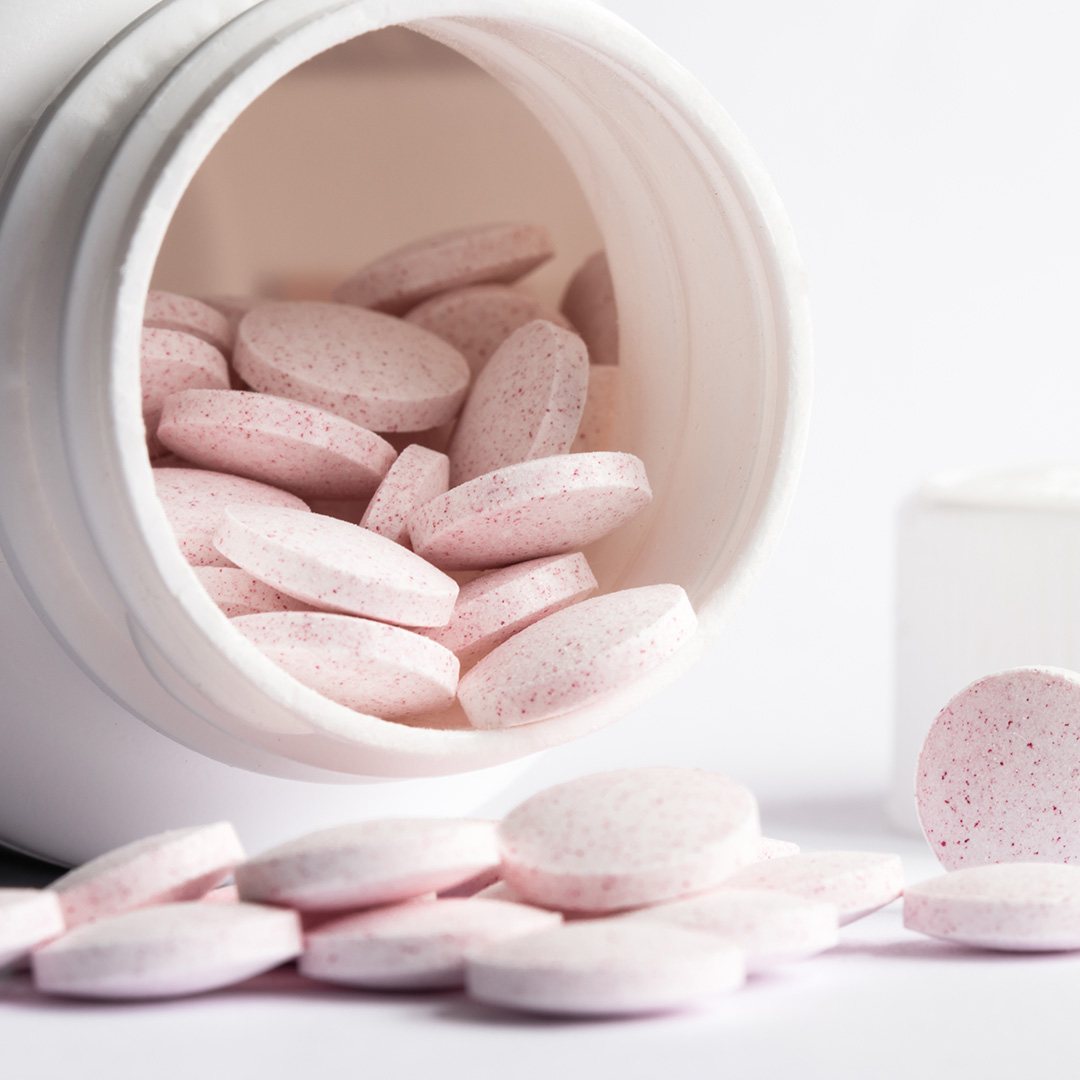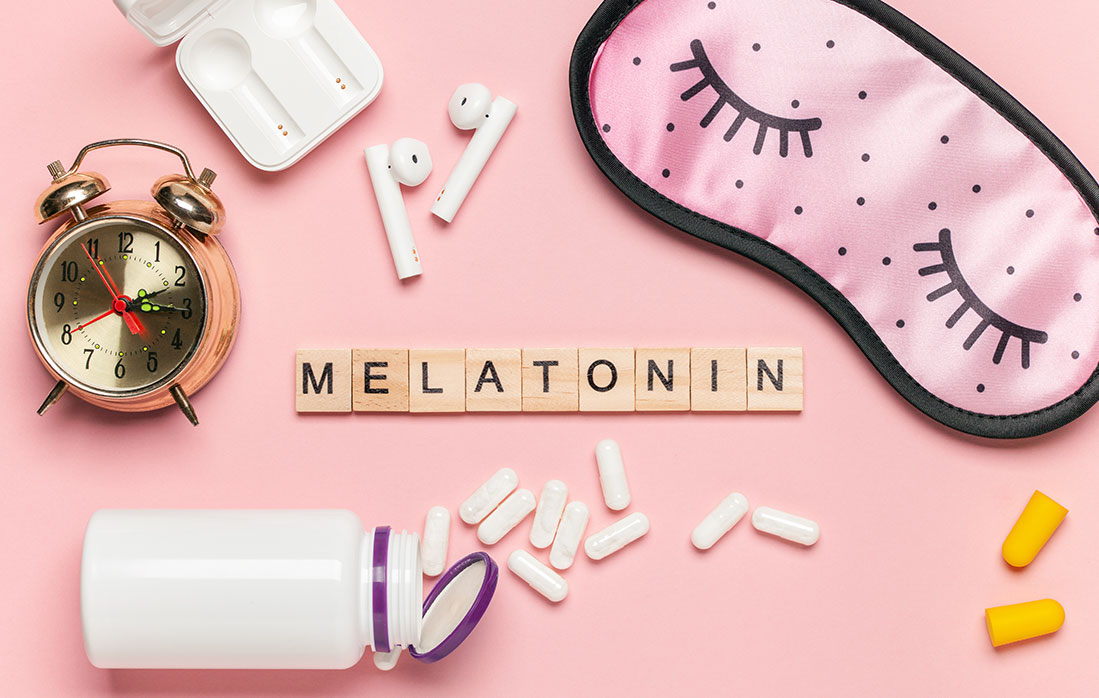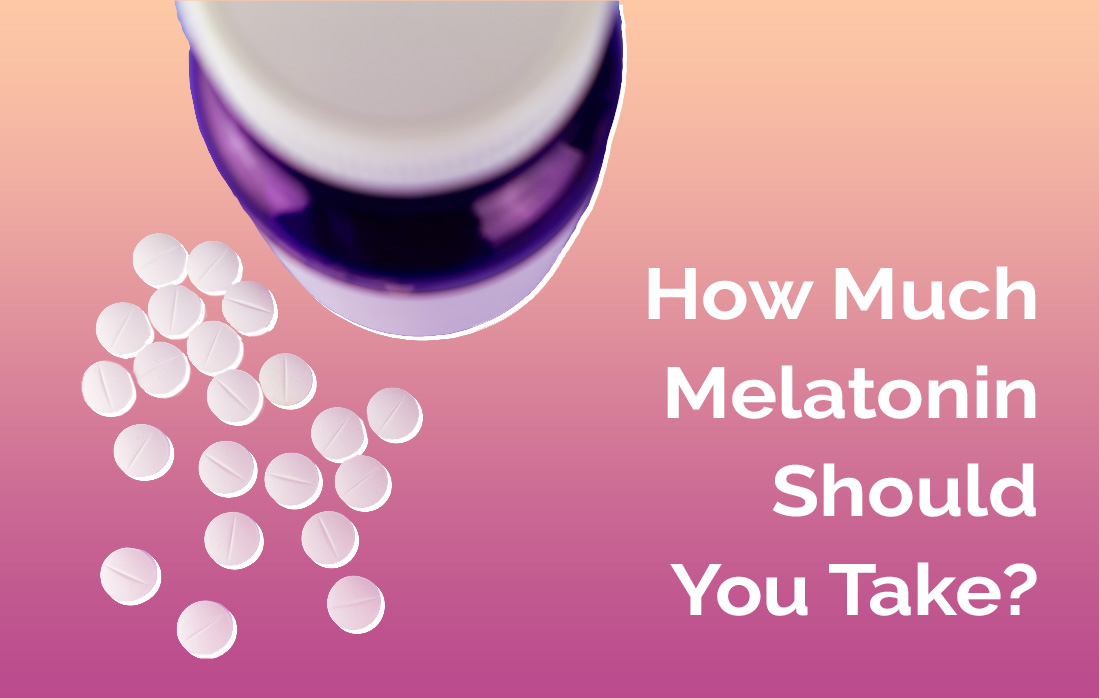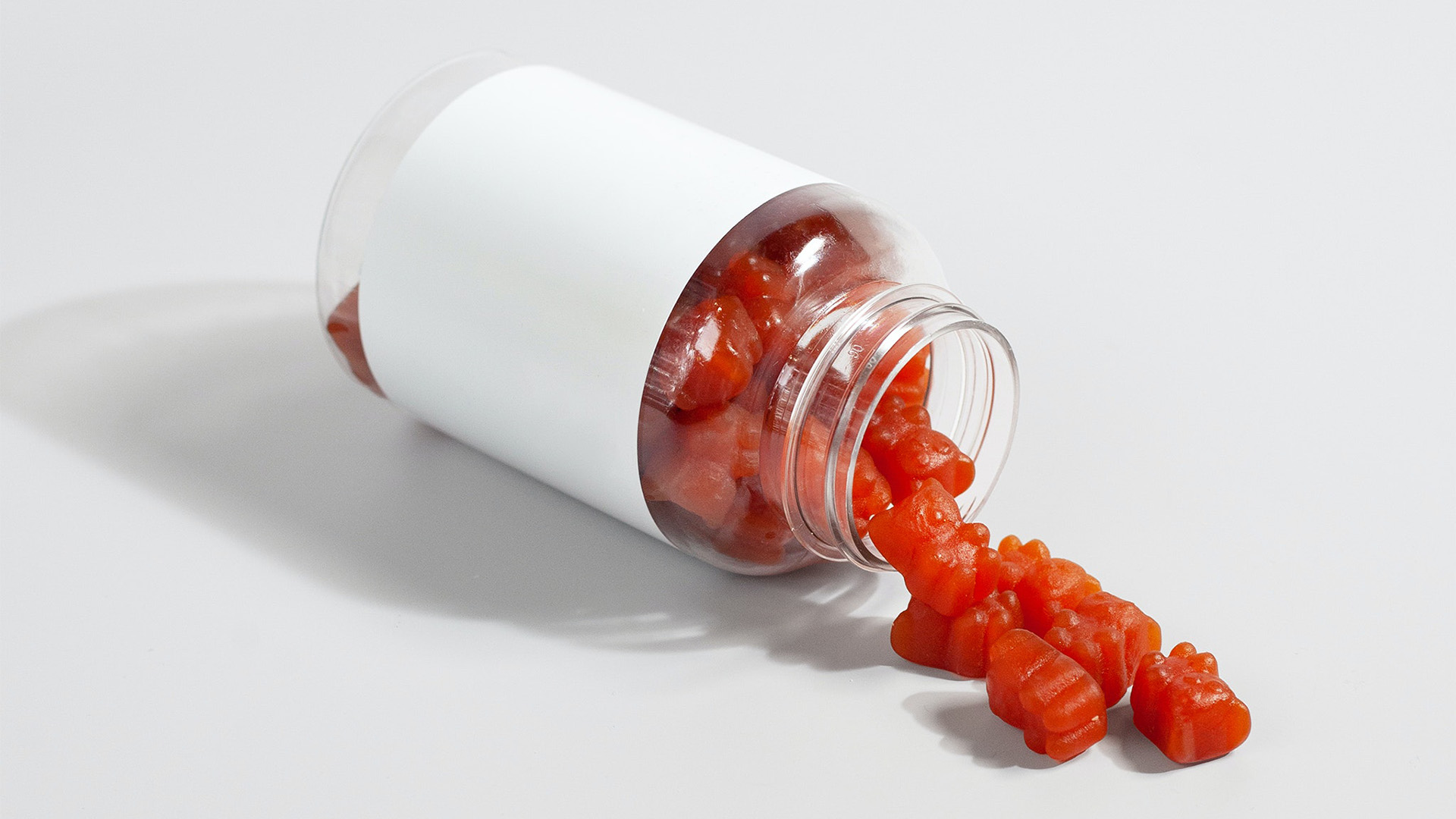
Researchers out of Brazil took a deep dive into melatonin’s impact on gut health in a newly released study. Its findings counter other studies, it’s worth noting, that have come to the conclusion that the hormone melatonin could improve inflammation. For example, in one past study, researchers said the hormone “has been shown to have an anti-inflammatory effect through multiple mechanisms. It reduces macromolecular damage in all organs by scavenging free radicals.” It’s also been reported to fire up antioxidant defenses.
In this latest study on melatonin, researchers tested the hormone on six male mice. What did they find? The mice experienced a negative impact on their gut microbiome and their inflammation worsened the longer they were given the hormone. “Our findings pointed to an outstanding direct or indirect influence of the hormone in the composition of the fecal microbiota,” researchers noted in the study.
Sleepopolis spoke with Dr. Michael Nadorff, an expert in geriatrics and behavioral sleep medicine, about the study’s findings.
“The study is utilizing an animal model (mice) that were exposed to dextran sulfate sodium and then subsequently treated with the melatonin to determine whether it may have a therapeutic effect on inflammatory bowel conditions,” he explained. “As best as I can tell, it looks like overall, the melatonin led to poorer outcomes, which differed from prior literature. It is not clear whether or not these findings will generalize to humans, especially since the literature does not agree even in animal models, but it at least does not add support for using melatonin in the long-term.”
During the study, researchers tested bacteria within the gut by analyzing feces samples from the mice. As noted in the study, researchers exposed the mice to the dextran sulfate sodium in their drinking water.
When it comes to the study, Dr. Nadorff told Sleepopolis that readers should be aware the study was published in a journal that some have called predatory, and that there was recently news coverage about several MPDI journals losing impact factors. He said it is just something to keep in mind while considering the study’s findings.
“I think it shows that medications, even those that are over-the-counter and viewed as largely benign, have impacts that we do not fully understand. I actually worry about this more about herbal medications because they don’t have the same strength of literature looking at the benefits and costs as the prescription medications do,” he said. “There is no free lunch, sadly. As my psychopharmacology professor used to say, any medication that works has side effects, even those that are overall well-tolerated.”
As far as taking melatonin to help get a good nice sleep, Dr. Nadorff warns, just like many things, it can become something you come to rely on.
“I often tell people that anything we do as part of our sleep environment or bedtime routine can become ‘addictive’ whether it be a fan in the bedroom, a certain pillow or scent,” he explained “It takes a little time to adjust to changes with these, and that is true for melatonin as well, even though its actual effects are rather minor.”
He said he encourages people to work on tapering off during a time where they could afford a night or two of bad sleep (lucky!)

All the Conflicting Information About Melatonin and Kids

How Long Does Melatonin Last?

Melatonin Dosage: How Much Should You Take by Age and Weight?

There May Be Much More Melatonin in Your Sleep Gummies Than the Labels Say: Here’s What to Know
Sources
Nadorff, Michael. Author interview. May 2024.
da Silva JL, Barbosa LV, Pinzan CF, Nardini V, Brigo IS, Sebastião CA, Elias-Oliveira J, Brazão V, Júnior JCdP, Carlos D, Cardoso CRdB. The Microbiota-Dependent Worsening Effects of Melatonin on Gut Inflammation. Microorganisms. 2024; 11(2):460. https://doi.org/10.3390/microorganisms11020460
Esposito E, Cuzzocrea S. Antiinflammatory activity of melatonin in central nervous system. Curr Neuropharmacol. 2010 Sep;8(3):228-42. doi: 10.2174/157015910792246155. PMID: 21358973; PMCID: PMC3001216.
Joshua H. Cho, Saumya Bhutani, Carole H. Kim, Michael R. Irwin; “Anti-inflammatory effects of melatonin: A systematic review and meta-analysis of clinical trials, Brain, Behavior, and Immunity; Volume 93; 2021; Pages 245-253; ISSN 0889-1591; https://doi.org/10.1016/j.bbi.2021.01.034.



























